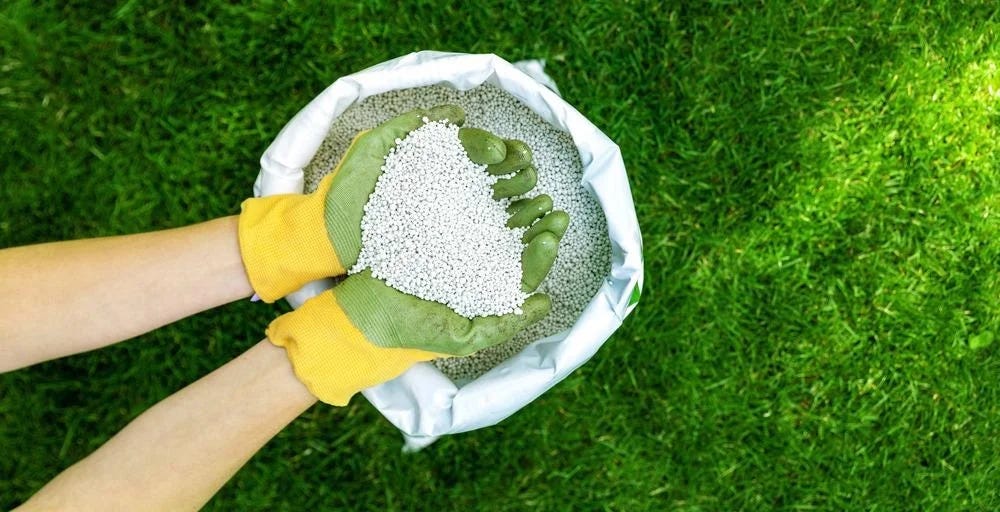Global agriculture might be witnessing a groundbreaking transformation with the inauguration of the world’s first on-site hydrogen-to-fertilizer plant in Kenya. Spearheaded by US-based Talus Renewables, this innovative facility aims to revamp the fertilizer production process, offering significant sustainability benefits.
Hydrogen-to-fertilizer plant – Revolutionizing production
Under the stewardship of Talus Renewables, the groundbreaking modular green ammonia plant stands near Naivasha, just outside Nairobi, Kenya. The plant is set to usher in a new era of sustainability for Kenyan agriculture, facilitated by a 15-year off-take agreement with Kenya Nut Co., a prominent crop grower in the region.
Unlocking hydrogen’s potential
Talus Renewables’ cutting-edge technology employs electricity, primarily harnessed from on-site solar farms, to split water atoms, liberating hydrogen. This hydrogen is then blended with nitrogen to craft eco-friendly fertilizer. The pivotal advantage of this process lies in reducing the reliance on imported fertilizers, thereby curbing costs and ensuring a stable supply chain, all while minimizing emissions of greenhouse gases.
Hiro Iwanaga, the founder of Talus Renewables, underscores the profound impact of this initiative, stating, “The average bag of fertilizer in sub-Saharan Africa travels 10,000 kilometers. With this plant, you can locally produce a critical raw material, carbon-free.” This represents a seismic shift away from conventional ammonia production, which predominantly relies on natural gas.
Sustainable growth and expansion
While the initial plant at Kenya Nut may be modest, producing one ton of fertilizer per day, the company’s grand vision is to see Talus Renewables producing 200 tons per day from more extensive facilities to meet 95% of Kenya Nut’s fertilizer needs, said Graeme Rust, CEO of Kenya Nut. Talus Renewables offers two plant sizes, the one at Kenya Nut and a 10-ton-a-day facility, the latter requiring approximately 11.5 megawatts of power.
Talus Renewables is on an ambitious mission to replicate the system across Africa, partnering with entities like sugar plantations and extending its footprint to the United States. An exciting partnership with Iowa-based Landus Cooperative is already in motion. Furthermore, the company envisions working closely with mining enterprises to supply ammonia for blasting operations.
Matt Carstens, CEO and President of Landus Cooperative, underscores the significance of this groundbreaking venture, stating, “The green ammonia that Talus’s systems produce is both reliable and locally produced, reducing costs by addressing supply chain insecurity and challenges. Green ammonia is an exciting innovation to consider.”
For more agriculture news, visit our dedicated archives.
